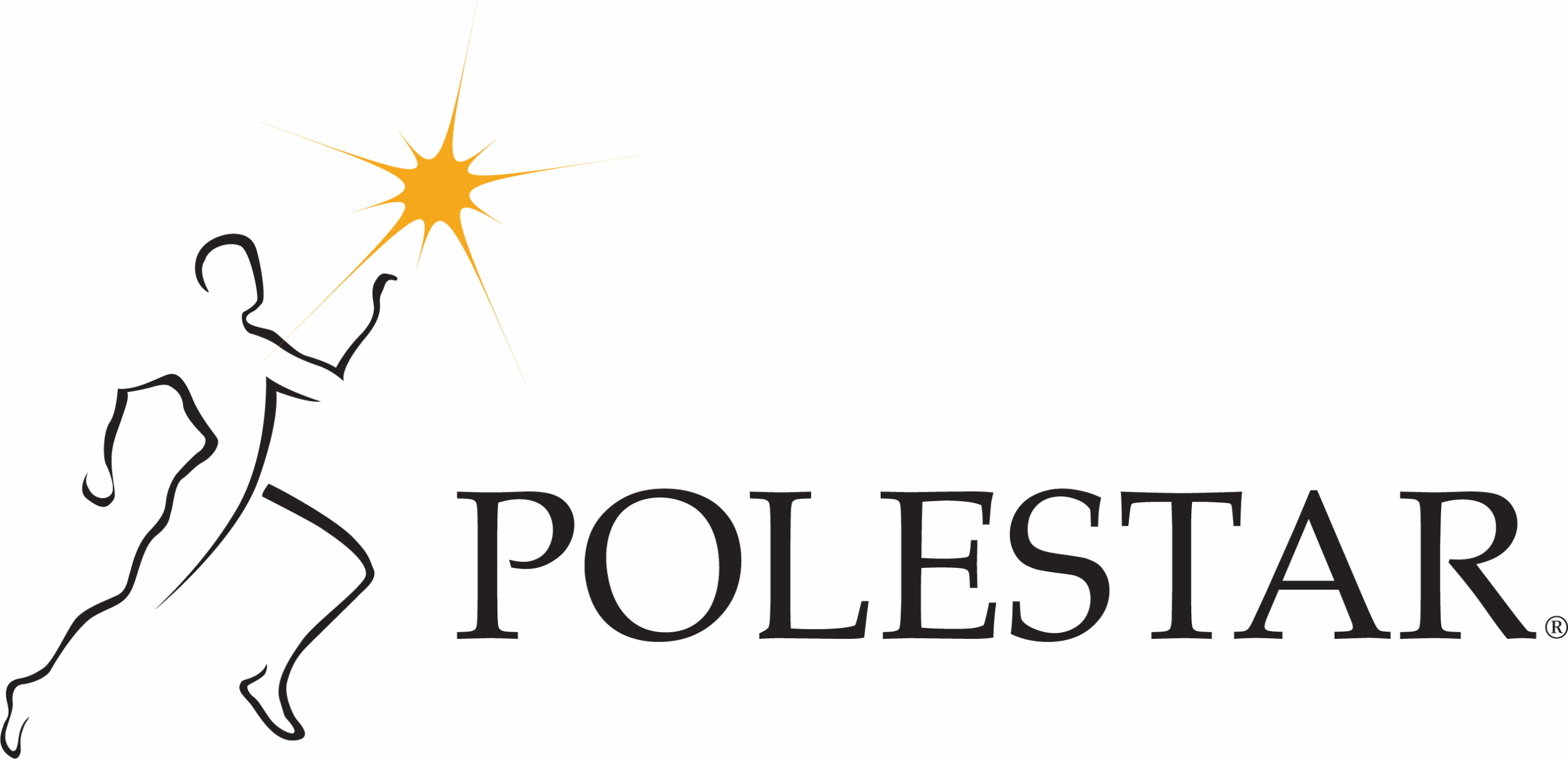consciousness
Does our Perception of Movement Influence our Health?
I recently listened to a great lecture by Sharon Kolkka in New Zealand about the “Biology of Perception.” Her delivery and content really made me reflect on my own teaching style and effectiveness. For years I have been interested in the power of perception as it pertains to my clients having a successful movement experience. The power of a successful movement experience always seems to trump any physical measurement of strength, torque, flexibility, balance or body aesthetics.
Sharon stated that when we create positive thought we move out of our limbic or primitive brain. The primitive brain is responsible for fight, flight and fright and when chronically stimulated it can be responsible for slowed metabolism, depression, and eventually chronic fatigue. Every time we create a positive movement experience for our clients, their paradigm shifts more towards positive and pure thought. Positive experiences are thought to happen or to be processed in the pre-frontal lobe. Not only are we happier when we spend more time in the pre-frontal lobe, but research shows that time spent in the pre-frontal lobe can lower blood pressure, increase the release of healthy neurotransmitters, and decrease cortisol levels. It can also lead to improved weight management, increased energy levels, and decrease the risk of heart disease, cancer and auto-immune diseases.
This leads me to a simple conclusion about the way we teach Pilates or any movement for that matter:
Mastering effective communication skills and focused flow in an exercise program resulting in a positive movement experience can do more to influence an individual’s perception of their abilities than any perfectly executed exercise.
Unfortunately, many of us have learned movement techniques from supposedly great teachers who overuse negative cues and use only rudimentary communication skills. The best exercises taught with negative reinforcement can be more detrimental than the poorly taught exercises with positive language skills. Our ultimate objective should be to have both, the precision in the movement instruction and the mastery of delivery.
Communication tips for the movement teacher:
- Record yourself teaching a class or a client and listen to the language that you use. Is the language constructive with clear objectives of what you want rather than what you don’t want?
- Begin each session with a clear intention to “Do Good”. This is a phrase I repeat in my mind before seeing a client or teaching a class. It is more about “doing good” than “looking good” or being perceived as a good teacher.
- Look for signs that the client is responding to your cues. Find the balance in a class that provides challenge and success. Pay attention to the little barometers along the way that let you know that the client is having a fun and successful movement experience.
At the helm of Polestar is Brent Anderson, PhD, PT, OCS. Brent is a licensed physical therapist and orthopedic certified specialist with more than 20 years of experience.
Based on his extensive background in rehabilitation and movement science, Brent elaborates Joseph Pilates’ mind-body work through the Polestar curriculum by developing tools for critical-reasoning and applying supportive scientific research. He also infuses the integral role of psychology and energy systems on motor control and motor learning.

